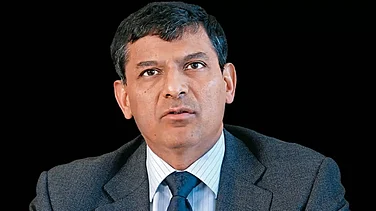The Finance Minister, Nirmala Sitharaman, apart from consolidating the 27 public sector banks and reducing them to 12 well-capitalised lenders, has also announced several steps to improve the governance among them. The governance of PSU had come under severe strain and criticism for their non-performing assets, losses and corruption.?
After Consolidating PSUs, Nirmala Sitharaman Seeks To Strengthen Banks’ Governance
For the first time, the banks have been allowed to recruit Chief Risk Officer from outside the PSU sector, with compensation linked to market rates.

For the first time, the banks have been allowed to recruit Chief Risk Officer from outside the PSU sector, with compensation linked to market rates. ?Also, tenure of directors on management committee would be enhanced to at least two years, to allow continuity in management practices.
The management has been made accountable to the Board of the bank and performance of officials of general manager rank and above.? Banks have also been allowed to introduce chief general managers as required.
The banks' risk management committees have been given the power to fix accountability for compliance of risk appetite framework. Also, loan thresholds by the committees have been doubled to enable “focussed attention to higher loan proposals.”
Further, the strength of executive directors has been increased to four in the larger banks for better “functional focus and thrust to technology”.
After announcing several steps to merge and consolidate several of the PSUs, the finance minister turned to governance, hoping that the coming together of the banks and changes in their management norms would allow India to move towards a $5 trillion economy.
Additionally, the finance minister announced that non-official directors would perform the role similar to independent directors. At the same time, the bank boards have been given the mandate to evaluate the performance of these non-official directors annually on a peer-review basis.
Boards have also been given the mandate to train directors for induction and specialised purposes. Also, a leadership pipeline would be created.

























